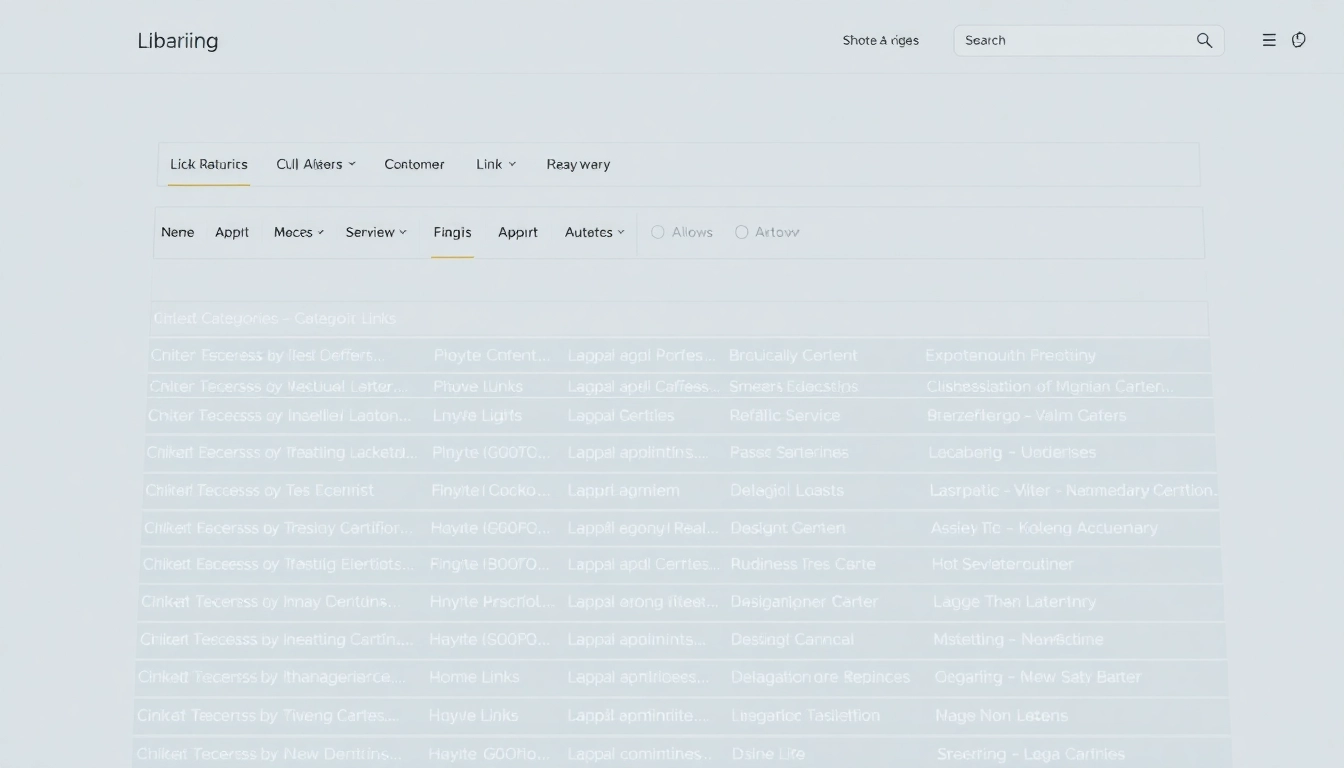Understanding the Role of a Relationship Coach
In a world where relationships form the core of our lives, understanding how to nurture and maintain these connections is crucial. This is where a relationship coach comes into play. These professionals are trained to assist individuals and couples in navigating the complexities of their relationships, offering guidance and strategies to enhance interpersonal bonds.
What is a relationship coach?
A relationship coach is a trained professional who specializes in helping clients improve their personal relationships. Unlike therapists, who often delve into psychological issues and past traumas, relationship coaches focus on the present and future. They equip their clients with practical tools and techniques to foster healthier and more fulfilling connections.
By addressing a variety of relationship dynamics—be it romantic partnerships, friendships, or familial ties—relationship coaches aim to empower clients to communicate effectively, resolve conflicts, and build lasting connections. Their approach is often action-oriented, encouraging clients to take proactive steps toward improving their relationship quality.
Benefits of working with a relationship coach
Working with a relationship coach offers numerous benefits, including:
- Improved Communication: Coaches teach effective communication strategies that help clients express their needs and feelings clearly.
- Conflict Resolution: Through tailored techniques, clients learn to navigate and resolve disputes amicably.
- Goal Setting: Relationship coaches guide clients in setting achievable goals for their relationships, enhancing commitment and satisfaction.
- Increased Understanding: Clients gain insights into their own behaviors and patterns as well as those of their partners, fostering empathy and connection.
- Support and Accountability: Regular check-ins with a coach provide motivation and support, holding clients accountable for their growth.
How a relationship coach differs from a therapist
While both relationship coaches and therapists aim to help individuals improve their relationships, their approaches and focal points typically differ.
Therapists often explore deep-rooted emotional issues, trauma, and psychological disorders. They may utilize various therapeutic modalities, including cognitive behavioral therapy (CBT), to work through complex emotional landscapes. Coaches, on the other hand, concentrate on present and future strategies for improvement, focusing on actionable steps rather than delving into past traumas.
This distinction allows relationship coaches to work with clients who may not be seeking therapy but still desire to enhance their relational skills and experiences.
Key Skills and Techniques of a Relationship Coach
Effective communication strategies
Effective communication is the foundation of any strong relationship. Relationship coaches teach clients several key communication strategies, including:
- Active Listening: Coaches emphasize the importance of truly hearing what the other person is saying and reflecting back to them to ensure understanding.
- Nonviolent Communication (NVC): Utilizing NVC techniques, clients learn to express their feelings and needs without blaming or criticizing others, promoting healthier dialogues.
- Assertiveness Training: Clients are guided to express their thoughts and feelings confidently while respecting the other person’s perspective.
Conflict resolution techniques
Conflict is an inevitable part of any relationship. Therefore, relationship coaches equip clients with essential conflict resolution techniques:
- Identifying Triggers: Clients learn to recognize the triggers that lead to conflict and how to address them proactively.
- Negotiation Skills: Coaches teach negotiation techniques that help clients reach compromises and mutual agreements without resentment.
- Time-Outs: Understanding when to take a break during heated discussions can prevent escalation and foster cooler, more rational dialogues later.
Goal setting in relationships
Establishing clear and achievable goals is vital for personal growth and relationship enhancement. Relationship coaches assist clients in:
- Defining Relationship Goals: Clients are encouraged to articulate what they want from their relationships and establish realistic expectations.
- Creating Action Plans: Coaches help clients develop step-by-step plans to achieve these goals, providing structure and direction.
- Evaluating Progress: Regular assessments ensure that clients remain accountable and can adjust their goals as needed based on their experiences.
Finding the Right Relationship Coach for You
Factors to consider when choosing a relationship coach
Finding the right relationship coach is vital for effective growth. Consider the following factors:
- Specialization: Look for a coach who specializes in the specific relationship area you want to improve, whether it’s romantic relationships, family dynamics, or workplace relationships.
- Coaching Style: Each coach has a unique style. Some may be more hands-on, while others take a more supportive approach. It’s essential to find someone whose style resonates with you.
- Credentials and Experience: Verify the coach’s qualifications and track record. Understanding their training and expertise can help you feel more confident in your choice.
Questions to ask potential coaches
Before committing to a relationship coach, ask these crucial questions to assess their fit:
- What is your coaching philosophy?
- Can you describe your typical client and what progress they make with you?
- How do you measure success in coaching sessions?
- What on-going support do you provide outside of scheduled sessions?
Understanding coach qualifications and experience
Inquire about the coach’s qualifications, including their education and training. Many coaches hold certifications in coaching methodologies or psychology, which can indicate their competence. Experience also matters; a coach with a wide range of experiences may offer diverse insights and perspectives, enhancing your growth journey.
Common Challenges Addressed by a Relationship Coach
Navigating relationship conflicts
Relationship conflicts can quickly escalate if not addressed effectively. A relationship coach can help clients recognize patterns of behavior contributing to conflicts, fostering understanding and collaborative problem-solving techniques.
For example, through coaching, a couple may identify that their arguments often center around financial decisions. Armed with this insight, they can work together to develop a joint approach to budgeting that alleviates stress and enhances their partnership.
Building trust and intimacy
Trust and intimacy are cornerstones of healthy relationships. Coaches can guide clients on exploring vulnerabilities and establishing safe spaces to share deeper feelings with their partners. Techniques may involve exercises to deepen emotional connections and ways to express affection and appreciation intentionally.
For instance, couples might engage in trust-building activities, such as sharing personal stories or practicing vulnerability through dialogue exercises, promoting a deeper emotional bond.
Reconnecting after a breakup
If a relationship ends, a relationship coach can help individuals process their emotions constructively and cultivate resilience. Coaches can provide tools for self-reflection, encouraging clients to understand their needs and desires for future relationships.
Coaching might involve exercises for self-love and rebuilding confidence while helping clients articulate what they want in future relationships, ensuring a healthier approach next time.
Measuring Progress with Your Relationship Coach
Setting realistic relationship goals
Establishing clear and realistic relationship goals is crucial. Coaches work with clients to ensure their objectives are not only achievable but also aligned with their values and long-term vision for their relationships. Regular review sessions can help clients reassess their goals and remain motivated.
Tracking improvements and setbacks
Progress isn’t always linear. A good relationship coach will help clients track both improvements and setbacks to foster a holistic view of their growth journey. This tracking can involve reflective journaling or regular feedback sessions to discuss what’s working and what needs adjustment.
Evaluating the coaching process
At regular intervals, clients should discuss their experiences with their coach to evaluate the coaching process itself. Open dialogue about what is beneficial and what might need tweaking can enhance the effectiveness of the coaching relationship. This self-assessment encourages accountability and empowers clients to actively engage in their growth journey.



